Email isn't dying - it's about to show its true value
Instant messaging may be all the rage, but the advent of GDPR highlights the strengths of email
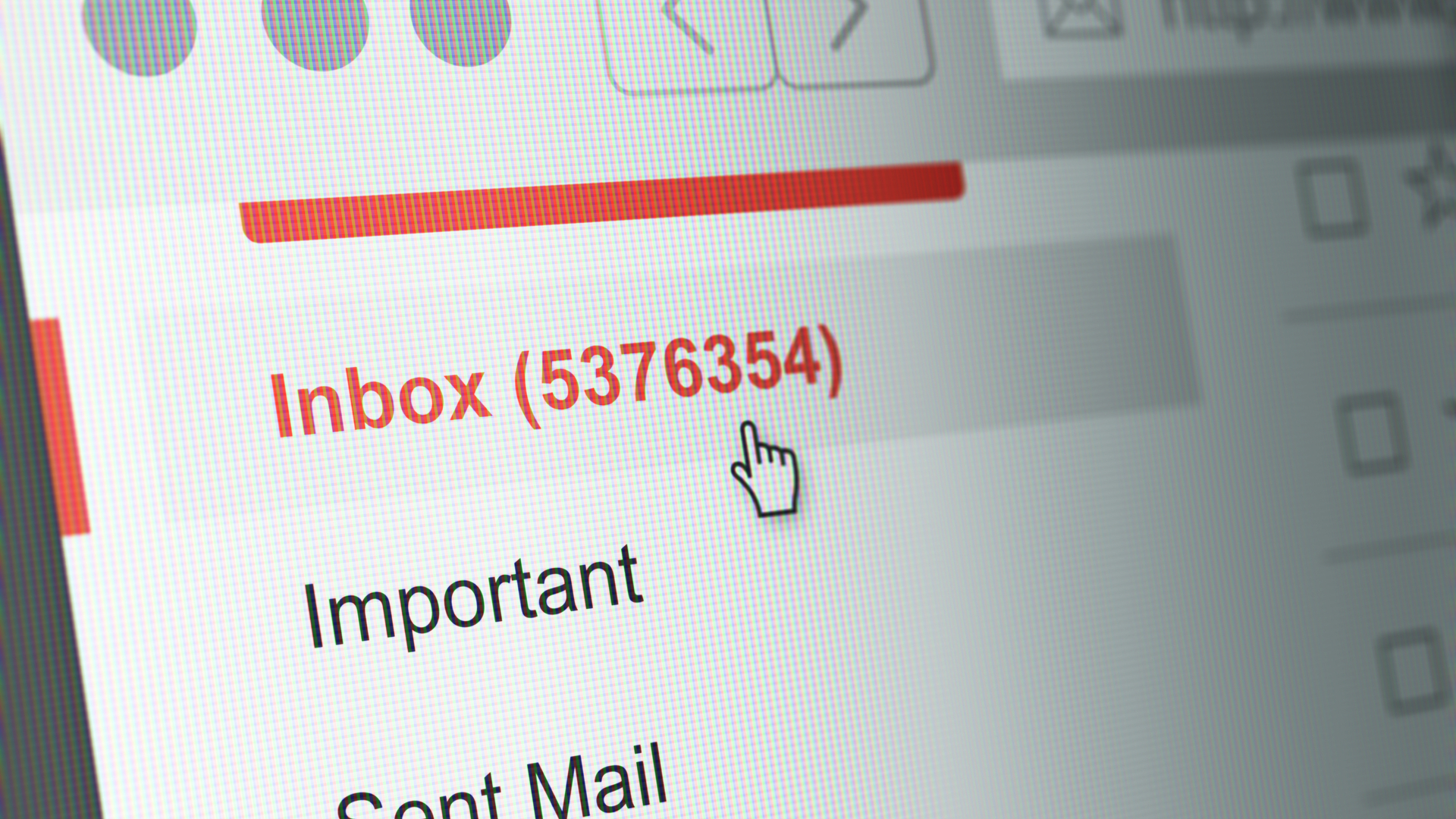

It was a bright, cold morning in 1995, and the clocks were striking eleven. Some Might Say was playing on the radio, and I'd just sat down at my computer desk with a cup of coffee. I opened my telnet client as usual, and connected to the university email service to see what my friends were up to that day. And there it was: my first piece of spam.
It's hard to fully describe the feelings that swirled inside me. This was the only internet account I had ever known, and it was more than just an inbox to me - it was the locus of my identity. Even in person, friends addressed me unironically by my user ID, "deg20". Now, my online home was being invaded. I fired off a furious response - and, of course, it bounced straight back. There was no way to undo the violation. No way to prevent it happening again. My inbox was no longer my own.
I won't ever forget that feeling - but equally, I couldn't end my love affair with email. I carried on checking my messages ten times a day until I graduated; then I got my first office job, and went up to 20.
It was an easy addiction, because everyone else loved email too. At first, the incoming messages were mostly personal - my newly employed friends and I spent days on end firing emails back and forth among ourselves, costing our employers thousands in wasted revenue.
Then the private sector got in on the act. Before long, it seemed like every time I bought a book online, connected to a social network or logged onto a Wi-Fi hotspot, I'd find myself added to another mailing list. Some of the messages were useful, detailing train times, confirming access codes and so on. Most weren't. Services such as unroll.me sprung up to deal with the deluge; Gmail started tagging messages as "Promotions" and "Updates" to help me cope, but even so I started to open my inbox with trepidation.
It didn't help that email was becoming ubiquitous within the various offices I worked at. In retrospect, it's obvious why: a quick email is far less intrusive than picking up the phone. At the same time, it sneakily buys you some free time - because they're not going to respond right away - and establishes a written record of what was said should you later need to cover your arse.
Before long, email overload had become a genuine problem - and it was clear that something had to give. Back in 2012, this very magazine published a major investigation by our man Stewart Mitchell entitled "The Death of Email", concluding that with more than 90 trillion messages being sent a year, and some employees spending as much as 20 hours a week just fielding emails, the whole thing was becoming untenable.
Sign up today and you will receive a free copy of our Future Focus 2025 report - the leading guidance on AI, cybersecurity and other IT challenges as per 700+ senior executives
Looking back, I have to say that the feature was quite prescient - take a bow, Stewart. Email didn't die, obviously, but it's no longer the only game in town. Today my work conversations take place over Slack, while personal stuff goes on WhatsApp. I still check my email account, but it's no longer a priority; if there's something in there that I actually need to read and respond to, it's fifty-fifty whether I'll even spot it amongst the chaff.
May, of course, brought a particular deluge ahead of the arrival of the new data protection regulations. Seemingly every business I've ever so much as walked past on the street popped up in my inbox, begging for permission to bombard me with emails in a GDPR-compliant way. In many cases, these were companies I'd already instructed not to contact me, so the messages were themselves in breach of the old regulations. But since those were self-evidently toothless, I can't really blame the marketers for taking a final punt.
At any rate, I have given consent to precisely zero of these chancers - and it's a surprisingly empowering feeling. It remains to be seen how effective GDPR will be in the long run, but right now, for the first time in more than two decades, I'm starting to feel that my inbox is genuinely my own
The question now is whether all of this is too late to rehabilitate email. When almost all of my online interaction takes place on instant messaging services, does it even matter what lands in my inbox?
When I mentioned the subject of this column to PC Pro's Tim Danton - a conversation that, naturally, we had over Slack - he agreed that email feels "very old-fashioned". Indeed, there's something tragic about the way Google has been touting new features in Gmail, such as snoozing messages and sending self-deleting emails with expiration dates. They're not bad ideas, but now? Email? In 2018?
And yet I won't be closing my Gmail account any time soon. Because, once the chit-chat has migrated away, and the mailing-list spam has been shut off, what's left? I'll tell you what: all those informational messages, detailing what time my flight to Copenhagen departs, and confirming my hotel booking at the other end.
Email may no longer be the intensely personal thing it once was, but if you can cut through the rubbish it still makes a great online filing cabinet, accessible from anywhere, and instantly searchable. It's years since I last felt the need to file a paper document in my physical box file, and I can't imagine why I would ever need to again.
I'm sure this sort of evolution isn't what the lawmakers had in mind when drafting the GDPR, but part of the beauty of technology is in finding ways to make the best of it. For years I've been readying myself for the death of email, but I suspect it's about to take on a new lease of life.
Image: Shutterstock
Darien began his IT career in the 1990s as a systems engineer, later becoming an IT project manager. His formative experiences included upgrading a major multinational from token-ring networking to Ethernet, and migrating a travelling sales force from Windows 3.1 to Windows 95.
He subsequently spent some years acting as a one-man IT department for a small publishing company, before moving into journalism himself. He is now a regular contributor to IT Pro, specialising in networking and security, and serves as associate editor of PC Pro magazine with particular responsibility for business reviews and features.
You can email Darien at darien@pcpro.co.uk, or follow him on Twitter at @dariengs.
-
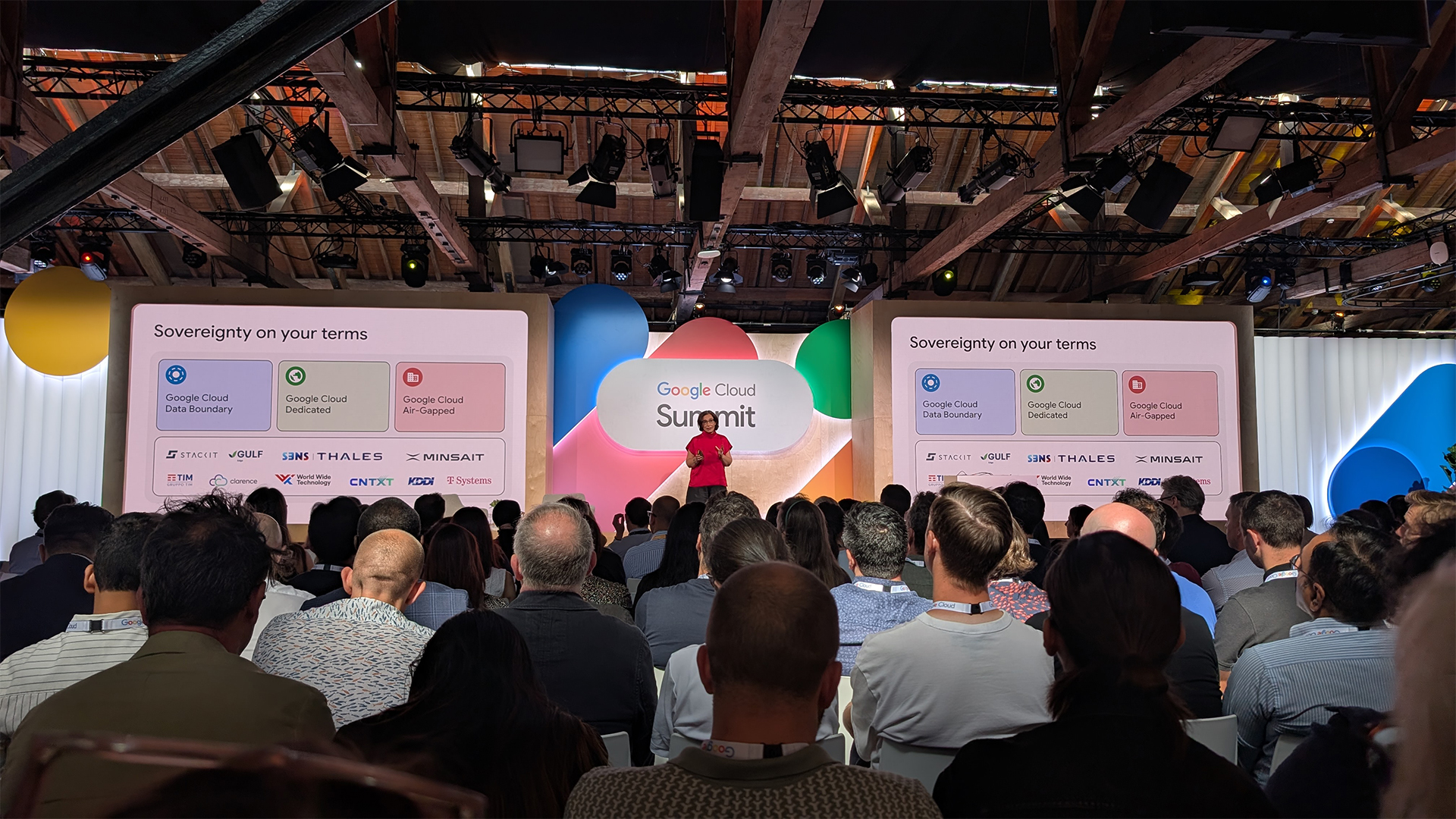 Google Cloud announces new data residency flexibility for UK firms, accelerator for regional startups
Google Cloud announces new data residency flexibility for UK firms, accelerator for regional startupsNews UK-specific controls and support for up and coming AI firms is central to Google Cloud’s UK strategy
-
 Workers are covering up cyber attacks for fear of reprisal – here’s why that’s a huge problem
Workers are covering up cyber attacks for fear of reprisal – here’s why that’s a huge problemNews More than one-third of office workers say they wouldn’t tell their cybersecurity team if they thought they had been the victim of a cyber attack.
-
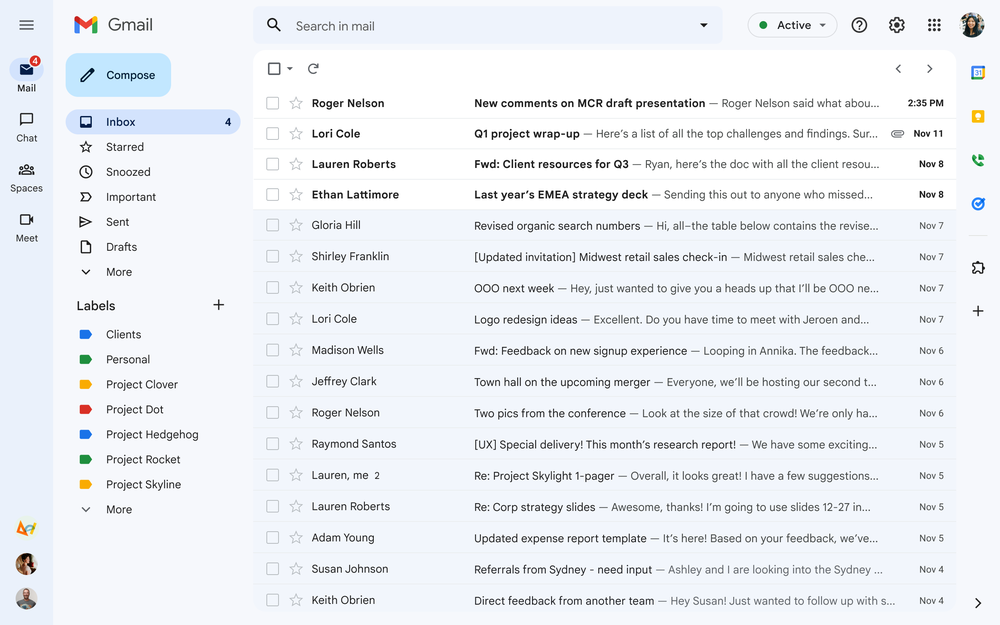 Google rolls out minor UI and search refresh for major productivity boost
Google rolls out minor UI and search refresh for major productivity boostNews New look Gmail tidies up Chat, Spaces and Meet apps as pop-out sidebar icons
-
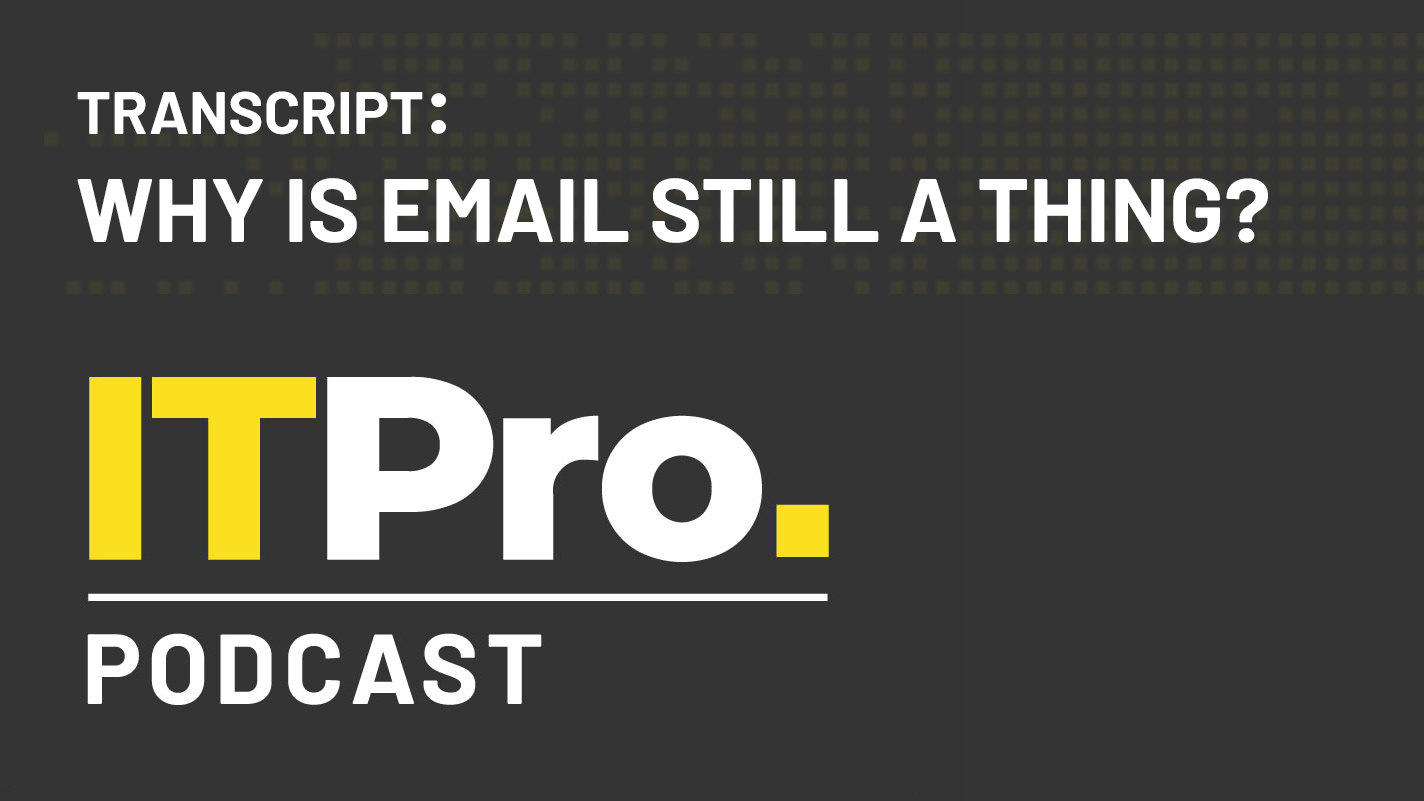 Podcast transcript: Why is email still a thing?
Podcast transcript: Why is email still a thing?IT Pro Podcast Read the full transcript for this episode of the IT Pro Podcast
-
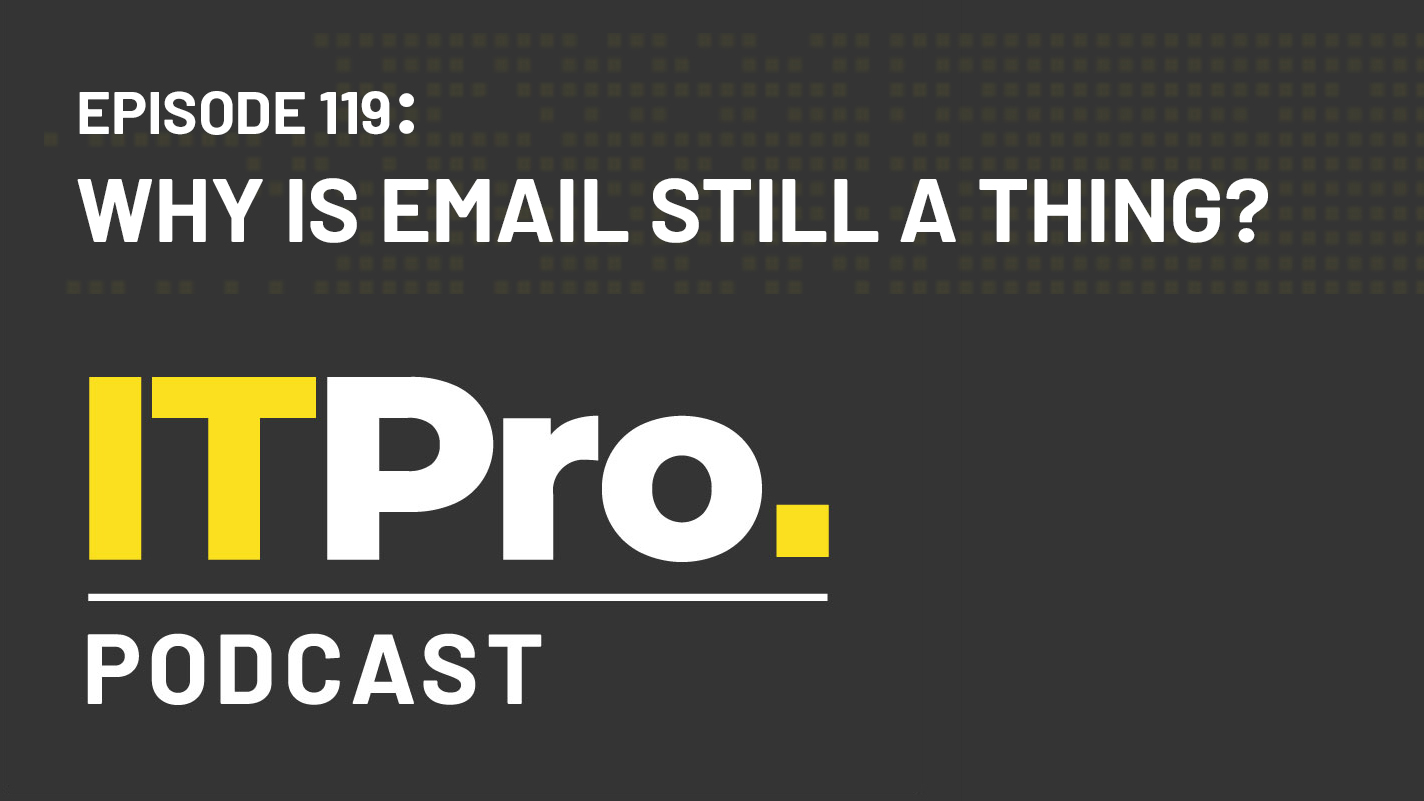 The IT Pro Podcast: Why is email still a thing?
The IT Pro Podcast: Why is email still a thing?IT Pro Podcast Despite a proliferation of newer collaboration platforms, email stubbornly refuses to go away
-
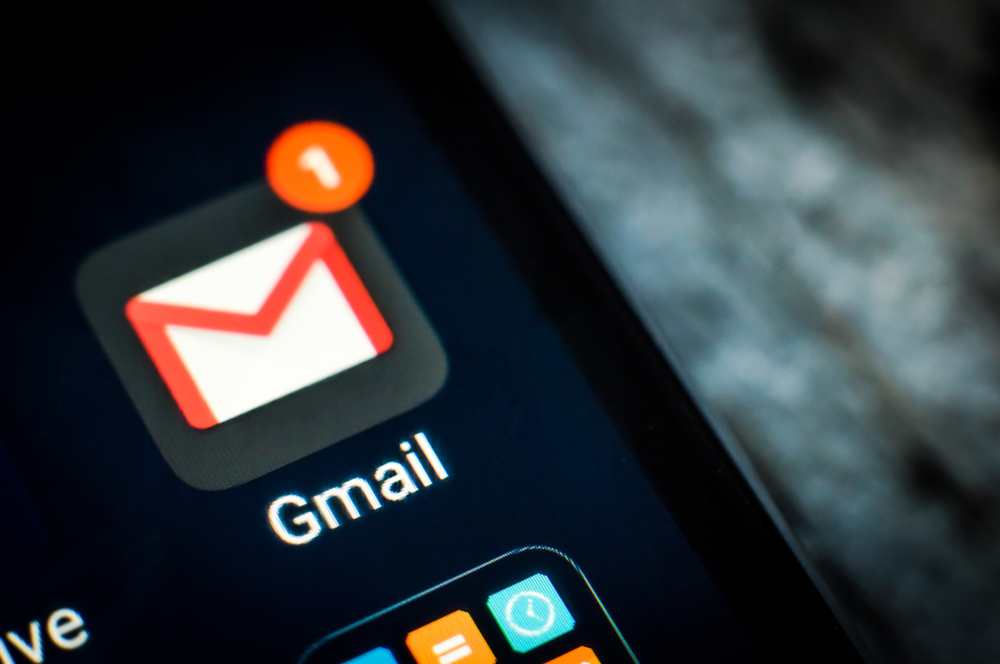 Gmail's new 'integrated view' layout will become default in April
Gmail's new 'integrated view' layout will become default in AprilNews Chat and Meet apps will have dedicated buttons and spaces alongside users' emails
-
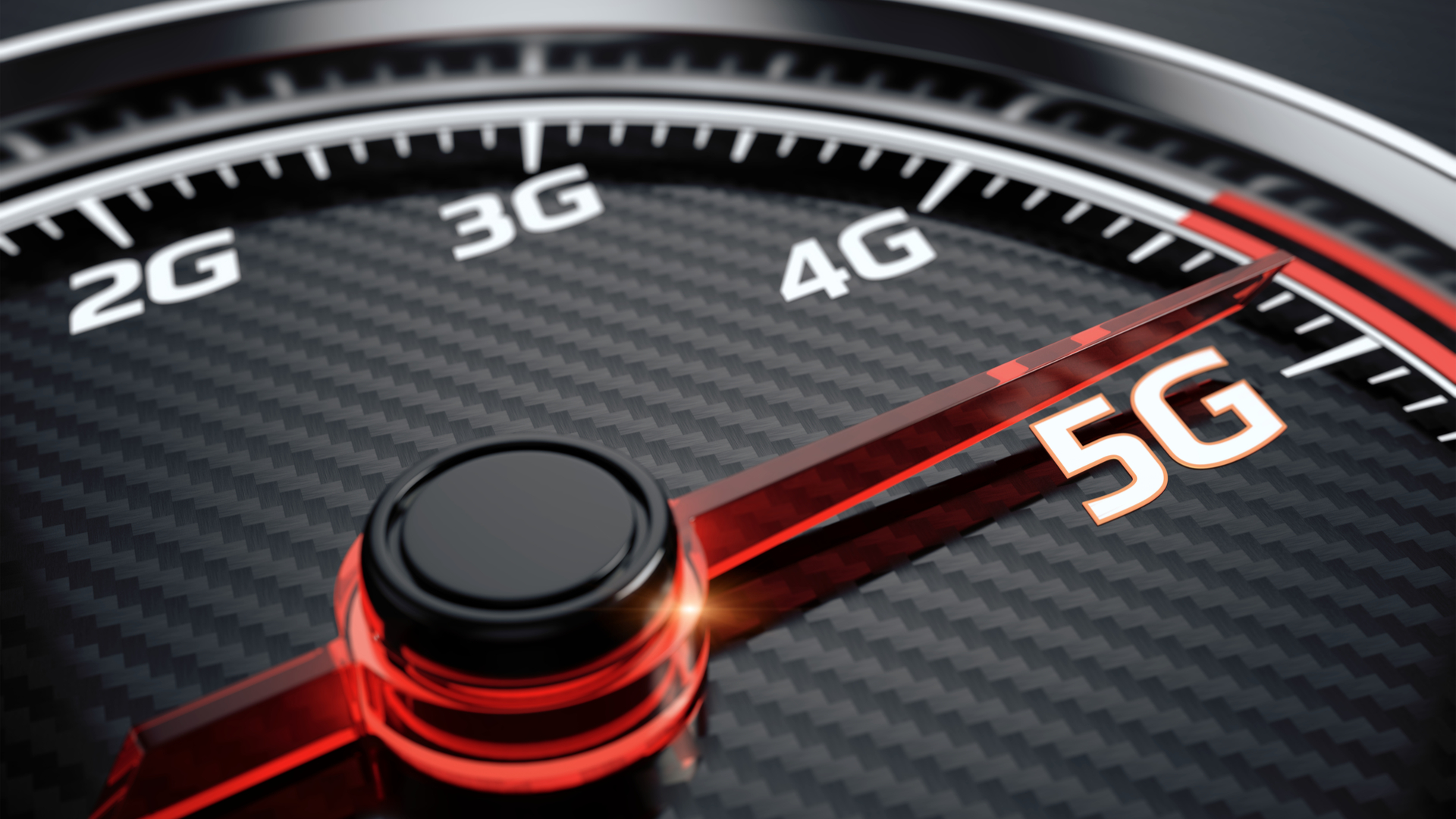 Nokia achieves record 8Gbps speeds in 5G trial
Nokia achieves record 8Gbps speeds in 5G trialNews The new record is almost twice as fast as Nokia’s previous 5G milestone
-
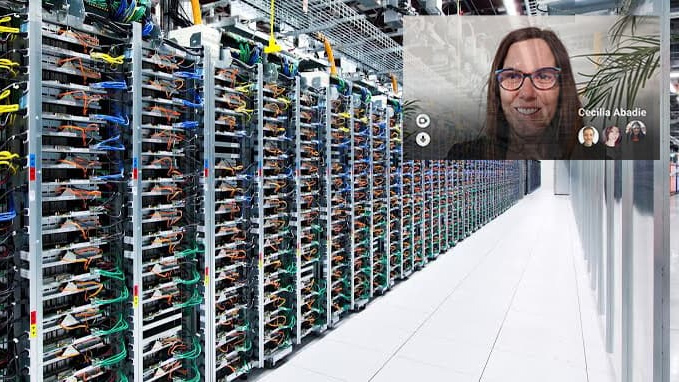 Google Glass now supports Meet video calls
Google Glass now supports Meet video callsNews New integration is available in beta for Enterprise Edition 2 of Google Glass
-
 In the end, email might actually kill off Slack
In the end, email might actually kill off SlackIn-depth Always-on culture is slowly invading the intimacy of your inbox with cloud technology
-
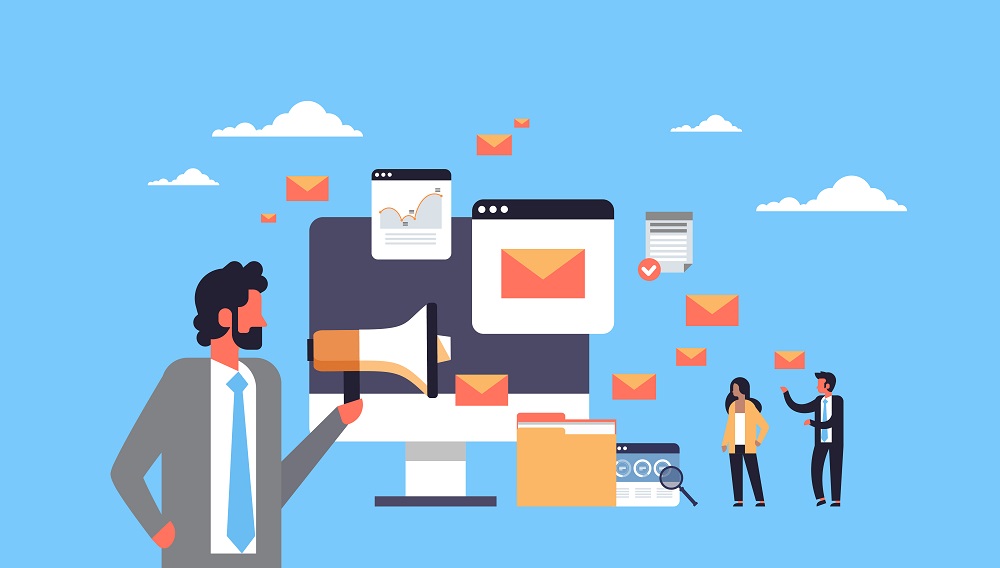 80% of businesses still use email as a primary collaboration tool
80% of businesses still use email as a primary collaboration toolAnalysis The decades-old format is still the most popular way to work across organisations, despite a wide availability of specialist tools
